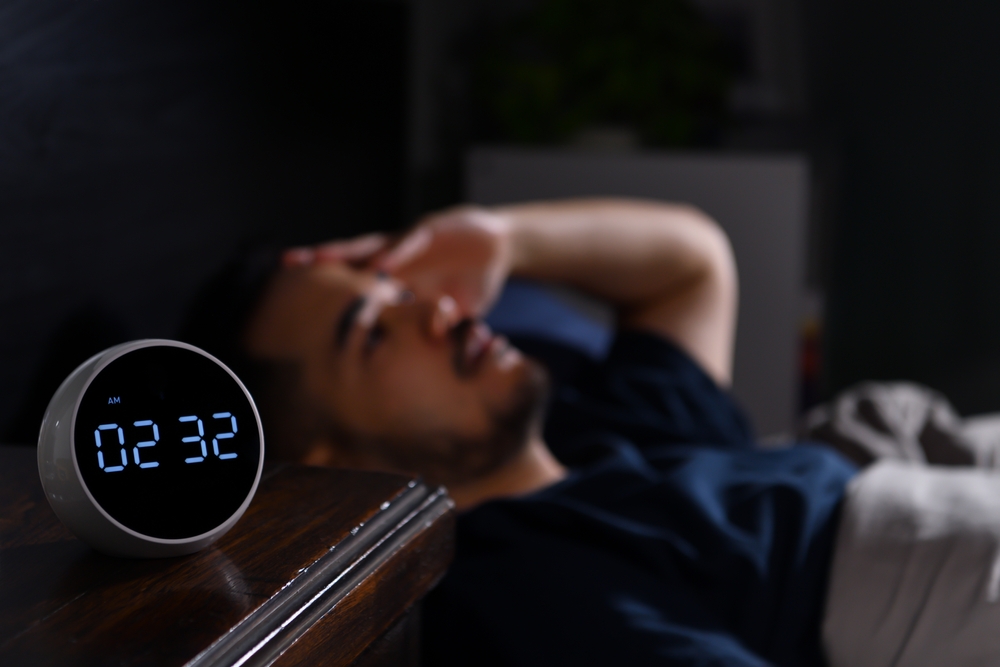In today’s fast-paced world, the importance of sleep is often overlooked. Many individuals prioritize work, social engagements, and various responsibilities over getting enough rest. However, understanding why sleep is important is crucial for maintaining optimal mental health and overall well-being. This blog post will explore how sleep affects mood, mental health, and the role of mental health support in fostering better sleep habits.
Sleep and Mental Health
Sleep plays a vital role in regulating mood and emotional stability. Research indicates that sleep deprivation can lead to irritability, anxiety, and heightened stress levels. Inadequate sleep can exacerbate pre-existing mental health conditions, making it increasingly difficult for individuals to manage their symptoms effectively. For instance, studies have shown that individuals with insomnia are more likely to experience depressive symptoms and anxiety disorders. This creates a vicious cycle where poor sleep contributes to mental health issues, and these issues further disrupt sleep.
In contrast, quality sleep promotes emotional resilience and a more positive outlook on life. When individuals achieve restful sleep, they are better equipped to handle stress, maintain focus, and engage with others meaningfully. Sleep enhances cognitive functions, including memory consolidation and problem-solving abilities, which are essential for personal and professional success.
The Science Behind Sleep and Mood
The relationship between sleep and mood is complex and involves various biological processes. During sleep, the body undergoes critical restorative functions. Sleep facilitates the release of neurotransmitters and hormones that help regulate mood, such as serotonin and dopamine. These chemicals are essential for maintaining a balanced emotional state.
Moreover, sleep impacts the brain’s ability to process emotions. When sleep-deprived, the brain’s emotional centers become hyperactive, making it harder to manage emotions effectively. This heightened emotional reactivity can lead to impulsive decisions, increased anxiety, and difficulties in relationships.
Practical Tips for Better Sleep
Recognizing the importance of sleep is the first step toward improving mental health. Here are some practical tips for enhancing sleep quality:
- Establish a Sleep Schedule: Going to bed and waking up at the same time every day helps regulate your body’s internal clock. Aim for 7-9 hours of sleep each night.
- Create a Relaxing Bedtime Routine: Engage in calming activities before bed, such as reading, meditating, or taking a warm bath. This signals to your body that it’s time to wind down.
- Limit Screen Time: The blue light emitted by phones, tablets, and computers can interfere with melatonin production, making it harder to fall asleep. Try to avoid screens at least an hour before bedtime.
- Create a Comfortable Sleep Environment: Ensure your bedroom is dark, quiet, and cool. Invest in a comfortable mattress and pillows that support your sleeping position.
- Be Mindful of Diet and Exercise: Avoid heavy meals, caffeine, and alcohol close to bedtime. Regular physical activity can also promote better sleep but aim to finish exercising a few hours before bed.
- Seek Professional Help: If sleep issues persist, consider seeking mental health counseling. A mental health professional can help identify underlying issues that may be contributing to sleep disturbances and provide tailored strategies to improve sleep and overall mental health.
Mental Health Support
Incorporating healthy sleep habits is essential for individuals seeking mental health support. Many people who struggle with mental health issues may benefit from working with a therapist or counselor to develop personalized strategies for improving sleep. At Harmony Harbors, we understand the intricate relationship between sleep and mental health. Our team is here to provide comprehensive support to help individuals manage their mental health more effectively.
By emphasizing the importance of sleep and its impact on mental health, we can empower individuals to prioritize rest as a critical component of their overall well-being. Understanding why sleep is important is not just about preventing fatigue; it’s about fostering a healthier mindset, enhancing emotional resilience, and ultimately improving quality of life.
Sleep is a fundamental pillar of mental health. By recognizing its significance and making conscious efforts to improve sleep habits, individuals can pave the way for better emotional health, greater resilience, and an enhanced overall quality of life. Remember, prioritizing sleep is a step toward prioritizing your mental well-being.


